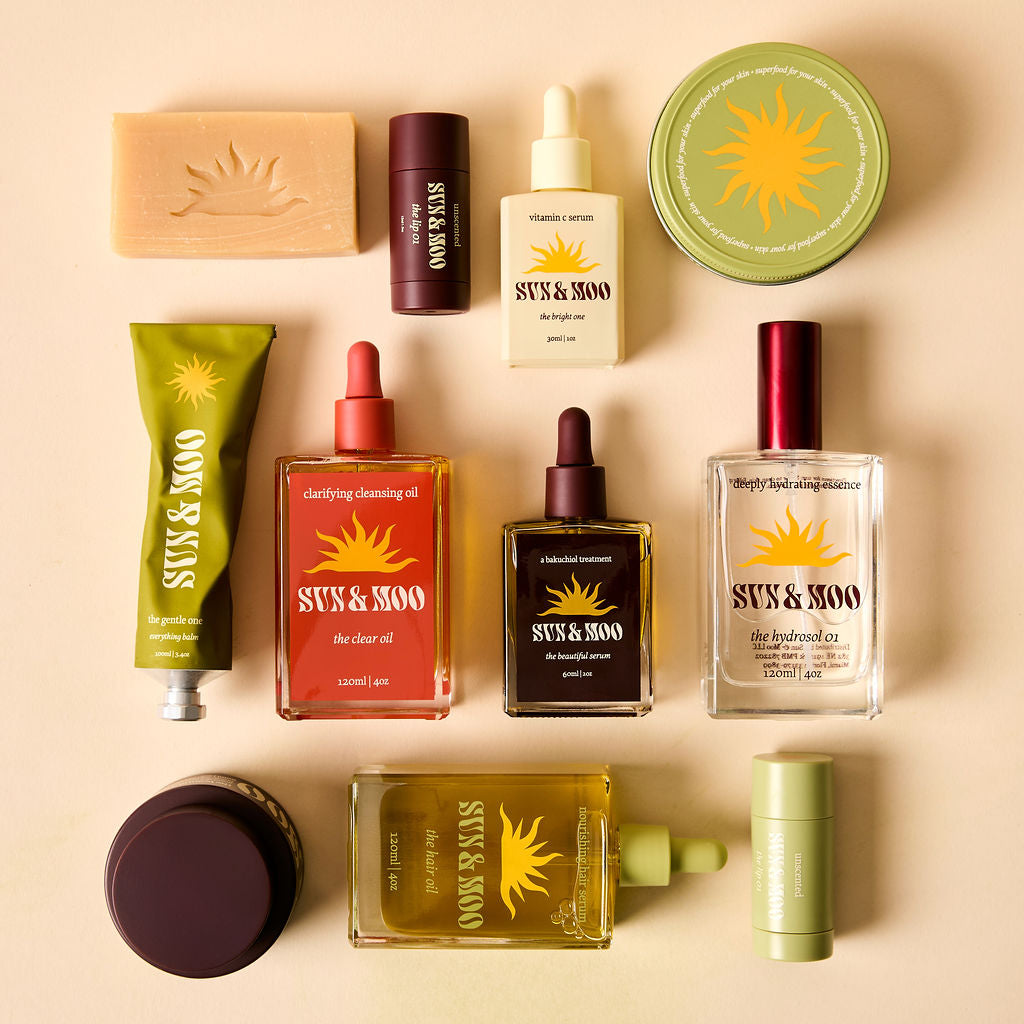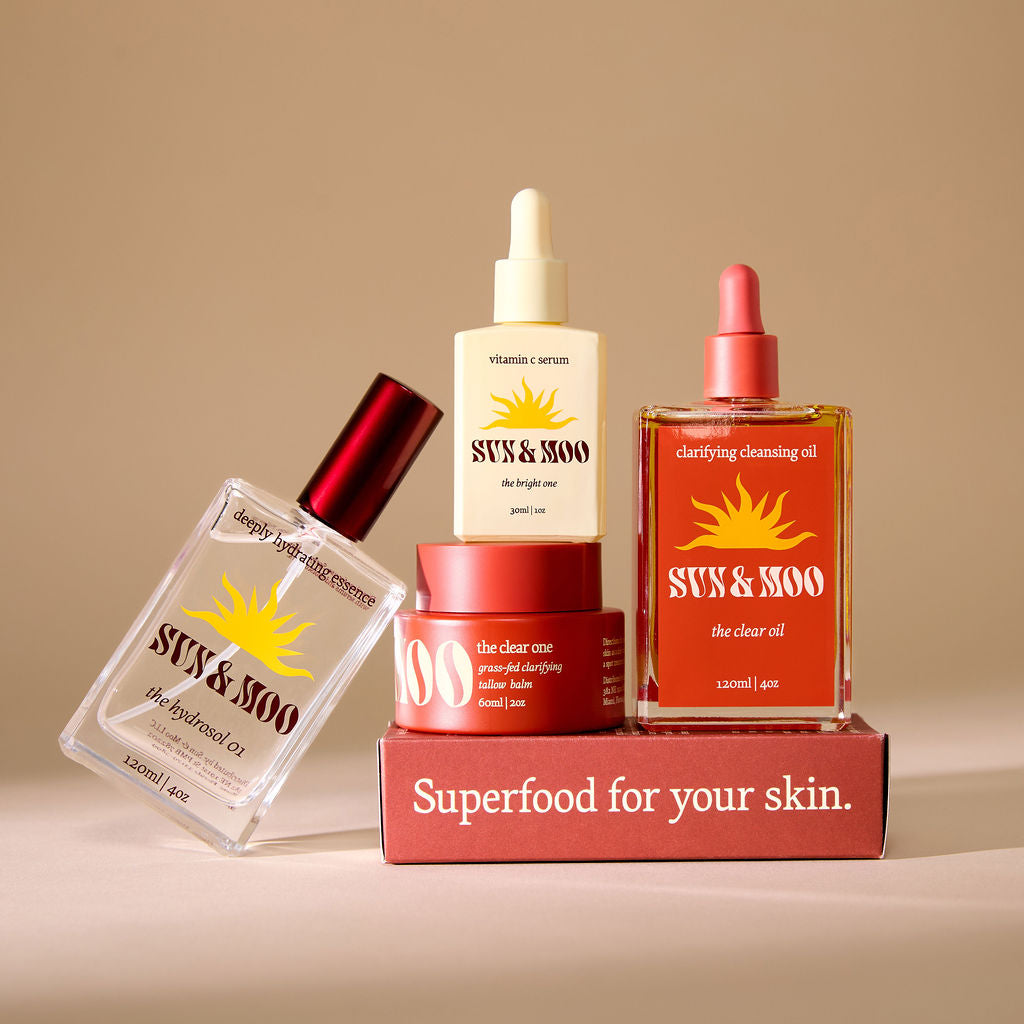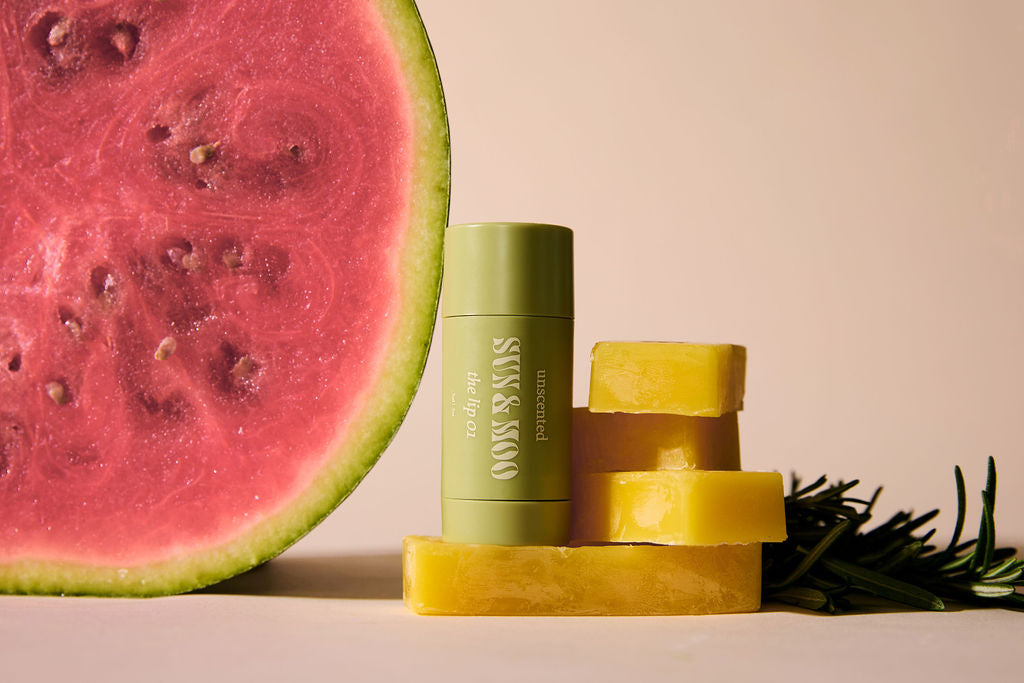Collagen has taken the spotlight in skincare, health supplements and even nutrition, but what’s all the excitement about?
Let’s unpack what collagen really is and explore why it’s become such a key topic when it comes to skin, hair, joints and overall health.
What is Collagen?
Collagen is the body’s most abundant protein, found in connective tissues of the skin, hair, nails, bones, tendons and cartilage. It provides essential structural support, elasticity and strength to these tissues.
Around the age of 25, your body’s natural collagen production gradually begins to decline. By the time we reach our 40s, collagen levels are often significantly reduced, leading to common signs of aging like fine lines, wrinkles and thinning skin. But collagen loss affects more than just the skin — it also impacts hair and nail strength, joint health (contributing to stiffness and reduced mobility), as well as bone density and gut health.
That’s why focusing on both preventing collagen breakdown and boosting collagen production is essential. This dual approach can support not only the skin’s youthful appearance but also the overall resilience of joints, bones, hair and nails.
Collagen's Role in Skin Health
For skin health, collagen is truly essential. Making up 70-80% of the skin's dry weight, collagen, along with elastin, forms the core structure of the skin’s connective tissue, providing its mechanical and structural integrity. Collagen’s supportive properties help the skin remain firm, plump and hydrated.
When collagen levels are high, skin shows natural resilience and elasticity. As collagen declines with age, however, the skin becomes thinner, loses moisture more easily and becomes more susceptible to fine lines, wrinkles and even hyperpigmentation.
Ways to Prevent Collagen Degradation
The good news is that there are steps you can take to slow collagen loss in both your skin and body
How to Boost Collagen Production Naturally
While preventing collagen breakdown is essential, boosting collagen production can further support both skin and overall body health as we age.
Combining both approaches can yield the best results.
Here are ways to promote collagen synthesis naturally:
The Long-Term Benefits of Collagen Maintenance
- Youthful Skin: Keeping collagen levels high helps the skin remain smooth, firm and resilient, reducing the appearance of fine lines and wrinkles, while also maintaining hydration and plumpness.
- Joint and Bone Health: Collagen is vital for joint flexibility, helping to reduce the risk of degenerative joint issues associated with aging. It's also essential for bone health as it provides structural support, density and strength to bones.
- Gut Health: Collagen has been shown to support a healthy gut lining, which in turn contributes to overall health and immune function.
- Strong Hair and Nails: Collagen plays a major role in the strength and growth of hair and nails. By boosting collagen levels, you can help support thicker, stronger hair growth and promote healthier, more resilient nails.
References:
1. Topical Vitamin C and the Skin: Mechanisms of Action and Clinical Applications
3. Bakuchiol: Does it make skin look younger? - Harvard Health








